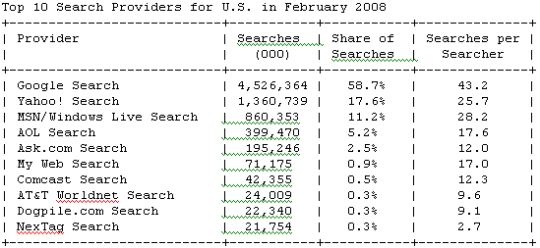The Wealth Gap Continues
A few weeks ago researchers at Pew Research Center released a study on the wealth disparity among racial groups in the U.S. Here are the highlights from the study:
- The median wealth of white households is 20 times that of black households and 18 times that of Hispanic households.
- The net worth of Hispanic households decreased from $18,359 in 2005 to $6,325 in 2009. The percentage drop—66%—was the largest among all groups.
- The net worth of black households fell from $12,124 in 2005 to $5,677 in 2009, a decline of 53%.
- The drop in the wealth of white households was modest in comparison, falling 16% from $134,992 in 2005 to $113,149 in 2009.
While these statistics are nothing new, they should be of concern to all of us. There is a large portion of our population whose wealth is not substantial enough to participate fully in all our country has to offer. But instead of lamenting the political structure or the legacy of American racism and their role in “the gap”, starting tomorrow I want to take the next few posts to look at things we can control using the Pew study as a guide. For example, I want to examine the differences in the approach to wealth accumulation among ethnic/racial groups. What works, what doesn't. Stay tuned.
Market:
Stop Coddling the Super-Rich by Warren E. Buffett; New York Times
While the poor and middle class fight for us in Afghanistan, and while most Americans struggle to make ends meet, we mega-rich continue to get our extraordinary tax breaks.
Portfolio:
Supercharging Android: Google to Acquire Motorola Mobility by Larry Page, Google CEO; The Official Google Blog
Life:
Wealth Gaps Rise to Record Highs Between Whites, Blacks, Hispanics by Rakesh Kochhar, Richard Fry and Paul Taylor; Pew Research Center
"Back-to-School Special: 5 Tips on Picking a Good School" by Andrew J. Rotherham; Time
|
|









 Google (
Google ( Traders sent shares of Expedia (
Traders sent shares of Expedia (

 Digg -- submit this item to be shared and voted on by the digg community. For more about digg,
Digg -- submit this item to be shared and voted on by the digg community. For more about digg,  Del.icio.us -- mark an item as a favorite to access later or share with the del.icio.us community. For more about del.icio.us,
Del.icio.us -- mark an item as a favorite to access later or share with the del.icio.us community. For more about del.icio.us,